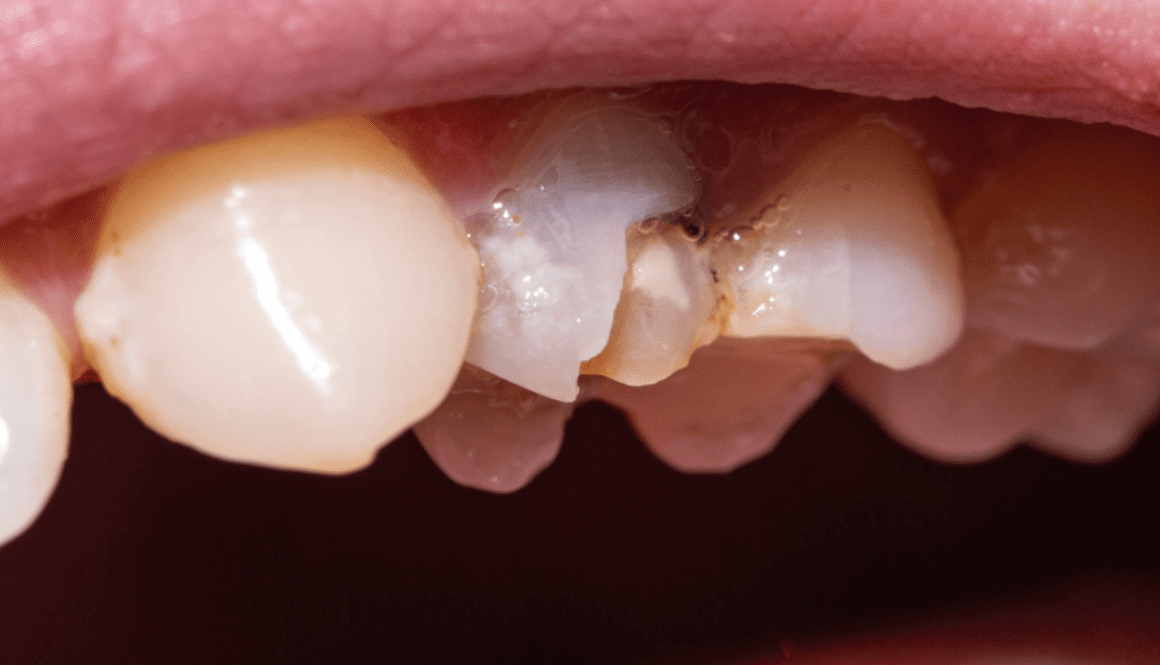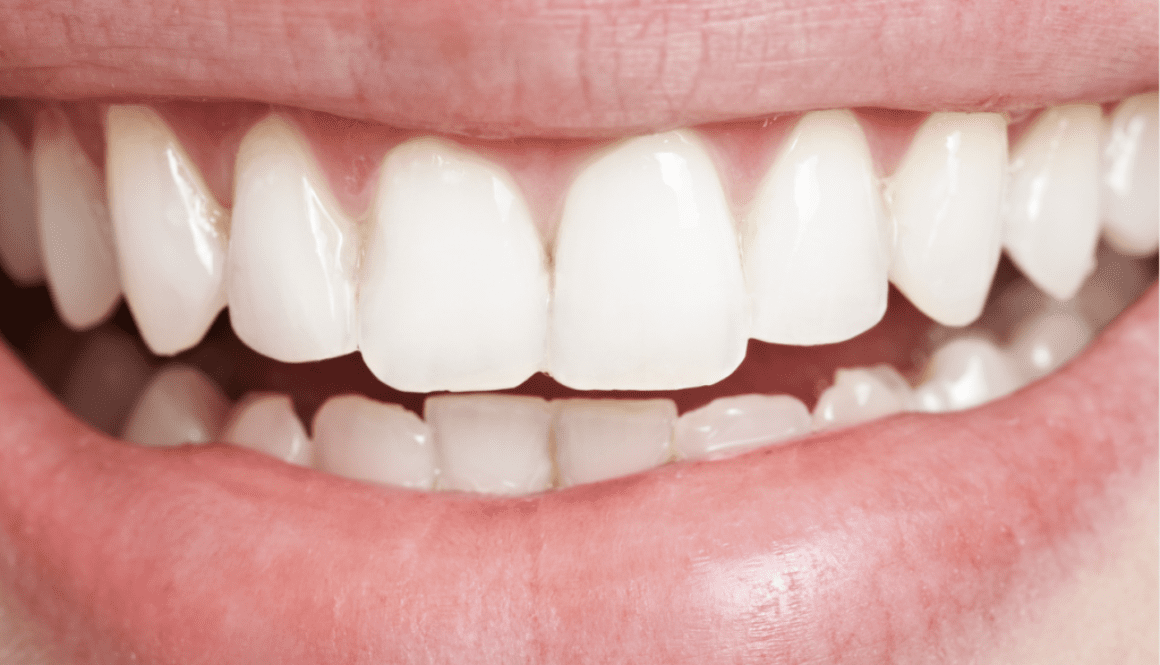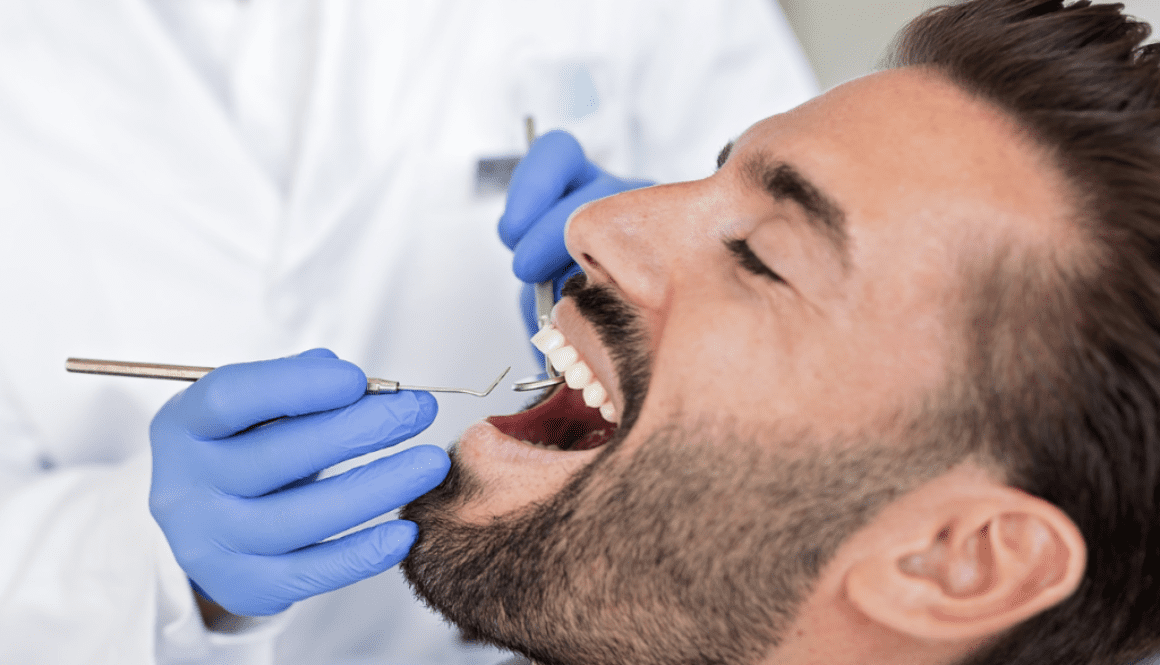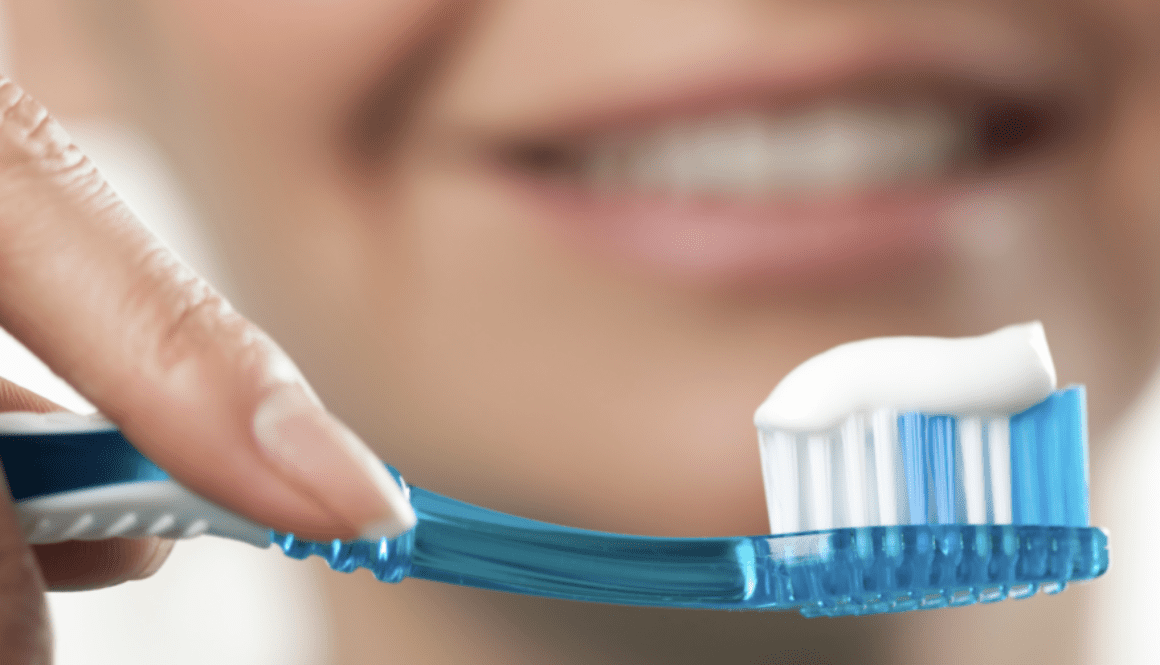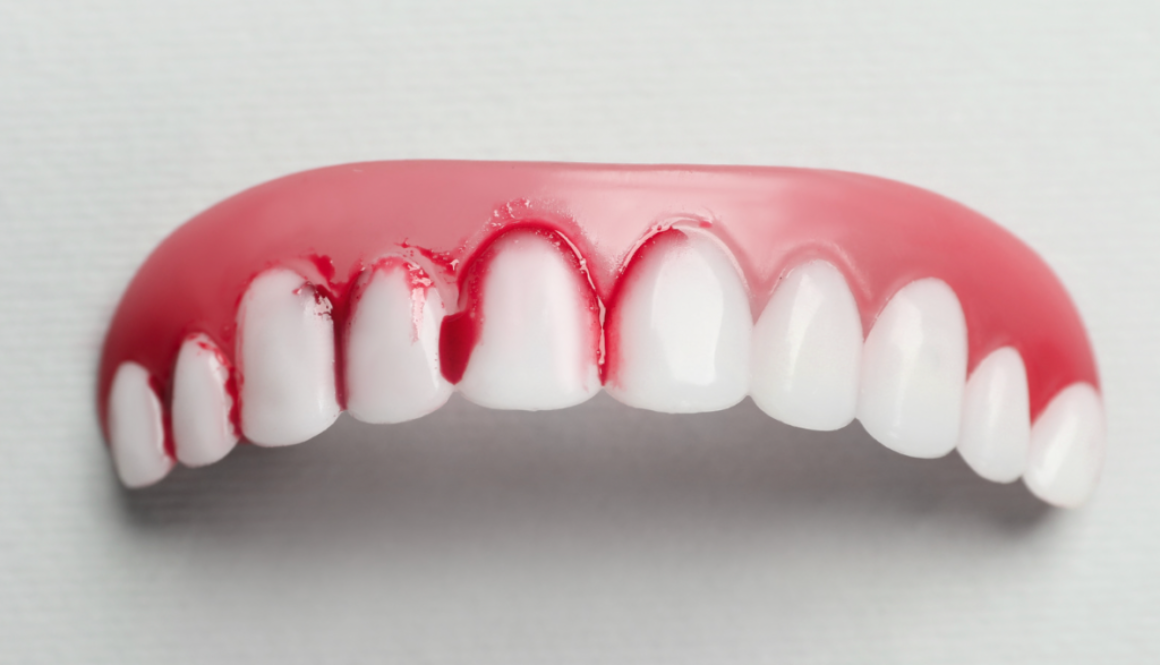What Are the Risks of Leaving a Chipped Tooth Untreated?
At Chrysanth Dental, we understand that a chipped tooth or a cracked tooth can be a source of concern for many of our patients. While it may seem like a minor issue, leaving a chipped tooth untreated can lead to various dental problems down the road.
In this blog post, we will discuss the risks associated with ignoring a chipped or broken tooth and the importance of seeking proper treatment.
What Are the Risks of Leaving a Chipped Tooth Untreated?: Increased Sensitivity and Pain
When you have a chipped or cracked tooth, the first thing you may notice is tooth pain or sensitivity to hot and cold temperatures. This increased tooth sensitivity occurs because the inner layers of your tooth, called the dentin, are exposed. The dentin contains tiny nerve endings that can cause discomfort when stimulated. If left untreated, the pain and sensitivity may worsen over time.
What Are the Risks of Leaving a Chipped Tooth Untreated?
Further Damage and Injury
One of the most significant risks of leaving a chipped tooth untreated is the potential for further damage. The sharp edges of a chipped or broken tooth can cause cuts and injuries to the soft tissues in your mouth, such as your tongue or cheeks. Additionally, the damaged tooth may be more susceptible to further chipping or cracking, especially if you continue to use it for biting and chewing.
Increased Risk of Tooth Decay
Another risk of ignoring a chipped tooth is the increased likelihood of tooth decay. When a tooth is cracked or chipped, it creates an opening for bacteria to enter the inner layers of the tooth. If the bacteria reach the pulp, which contains blood vessels and connective tissue, it can lead to infection and severe pain. In some cases, a root canal treatment may be necessary to remove the infected tissue and save the tooth.
More Extensive and Costly Dental Work
Even if you have a minor chip in your tooth, it’s essential to seek dental care as soon as possible. Leaving a chipped tooth untreated can cause the damage to worsen, and you may end up needing more extensive and costly dental work in the future. For example, if tooth decay progresses, you may require a dental crown to protect the remaining tooth structure. In severe cases, a dental implant may be necessary if the tooth cannot be saved.
Treatment Options at Chrysanth Dental
At Chrysanth Dental, we offer a range of treatments for chipped teeth, depending on the extent of the damage. For minor chips, dental bonding may be sufficient to restore the appearance and function of the tooth. This procedure involves applying a tooth-coloured resin to the affected area and shaping it to match the surrounding teeth. Dental bonding is a quick and affordable option for repairing small chips.
For more extensive damage, a dental crown may be recommended. A crown is a custom-made cap that fits over the entire tooth, protecting it from further damage and restoring its shape and appearance. Crowns can be made from various materials, including porcelain, ceramic, and metal alloys. Our team will work with you to choose the best material for your specific needs and preferences.
In some cases, a chipped tooth may require root canal therapy. This treatment is necessary when the damage extends to the pulp of the tooth, causing infection or inflammation. During a root canal, the infected tissue is removed, and the inside of the tooth is cleaned and sealed. A dental crown is then placed over the tooth to protect it and restore its function.
Proper Care and Prompt Treatment
If you have a cracked or chipped tooth, it’s crucial to take proper care of it until you can see a dentist. Rinse your mouth with warm water to clean the affected area, and apply a cold compress to the outside of your cheek to reduce swelling. If you’re experiencing pain, over-the-counter pain medication can help alleviate discomfort. Avoid biting or chewing on the damaged tooth, as this can cause further damage.
At Chrysanth Dental, we prioritise our patient’s oral health and well-being. If you have a chipped or cracked tooth, don’t hesitate to contact us for an appointment. Our experienced team will assess the damage and recommend the best course of treatment to restore your smile and prevent future dental problems. Remember, leaving a chipped tooth untreated can lead to more significant issues down the line, so it’s always best to seek prompt dental care.

